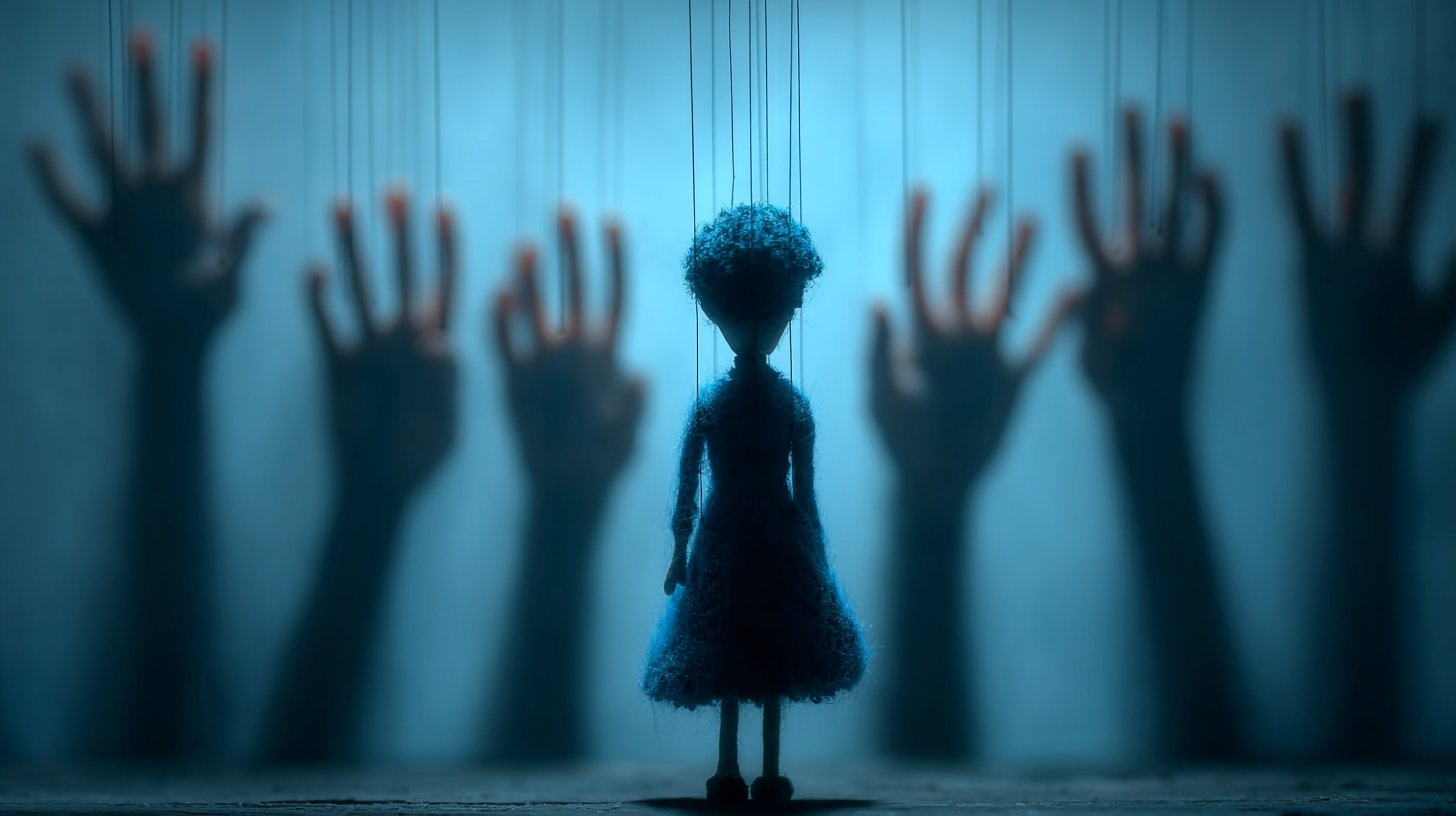There are moments in your life when you feel that something is not right. Toxicity can manifest in many ways, and it is important to recognize these warning signs. Communication and respect are key, but when they are lacking, the relationship can quickly become toxic.
Relationships should be a source of joy and support, but sometimes things happen that confuse and hurt us. A toxic environment can significantly impair your mental health and well-being. Therefore, it is crucial to know the signs that tell you that you are in an unhealthy relationship. Let's explore some of these warning signals together to help you see more clearly.
Emotional Manipulation

One of the most common forms of toxic relationships is emotional manipulation. It often feels like the other person has control over your feelings. You may feel like you are constantly being blamed for things that are not your fault, or you are frequently confronted with guilt. This type of behavior can manifest in constant accusations or an exaggerated reaction to simple discussions. If you feel that you cannot be yourself or have to walk on eggshells, that is an important warning sign.
Lack of Support and Respect

In a healthy relationship, partners support each other in their goals and dreams. If you feel that your dreams and desires are being ridiculed or not taken seriously, it is a clear sign of a toxic dynamic. It may also happen that your needs are often ignored while your partner's needs always come first. It is crucial that both partners respect each other and maintain a sense of support. If you often feel that your thoughts and feelings do not matter, you should seriously consider the state of your relationship.
Constant Conflicts and Drama

Another warning sign of a toxic relationship is if you are constantly embroiled in conflicts. In fact, it can become a critical habit to keep having the same arguments over and over again without a solution in sight. Constantly engaging in drama and conflict can be emotionally draining and lead to a feeling of exhaustion. It is important to ask yourself whether the constant disputes are harming the relationship more than helping it. The pursuit of peace and harmony should be the goal of any partnership, and if THAT does not exist, it may be time to take action.
In conclusion, I want to say that relationships are complex and not always easy to navigate. It is crucial to pay attention to your own well-being and recognize the warning signs in time. If you find that you are in a toxic relationship, it is important to take the necessary steps to improve your life. Help and support are available, whether through friends, family, or professional counseling services. Remember that you deserve to be in a relationship that offers you happiness, respect, and support.
Do not let the fear of the unknown hold you back; sometimes self-love means standing up for your own happiness and health. Everyone has the right to a fulfilling relationship that is positive and supportive. Take the step to remove the toxic elements from your life and surround yourself with people who appreciate you and encourage the best version of yourself.



